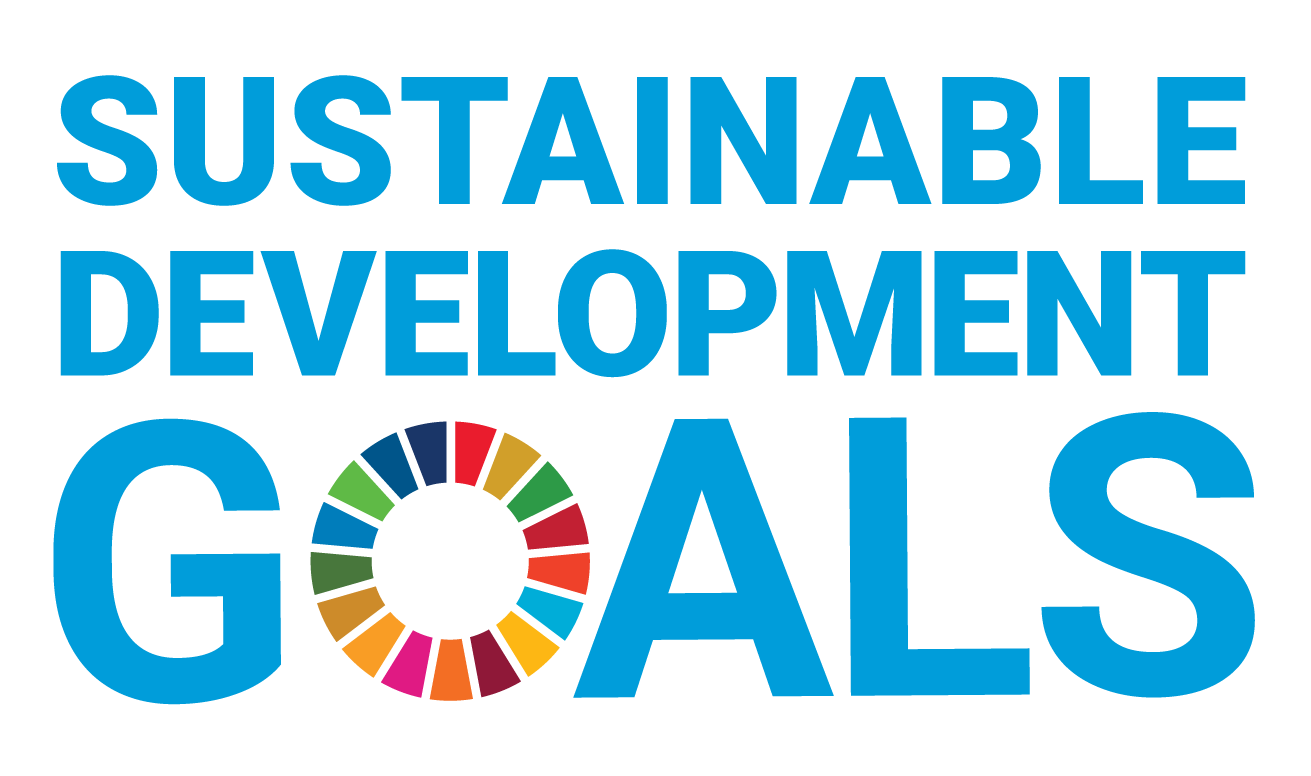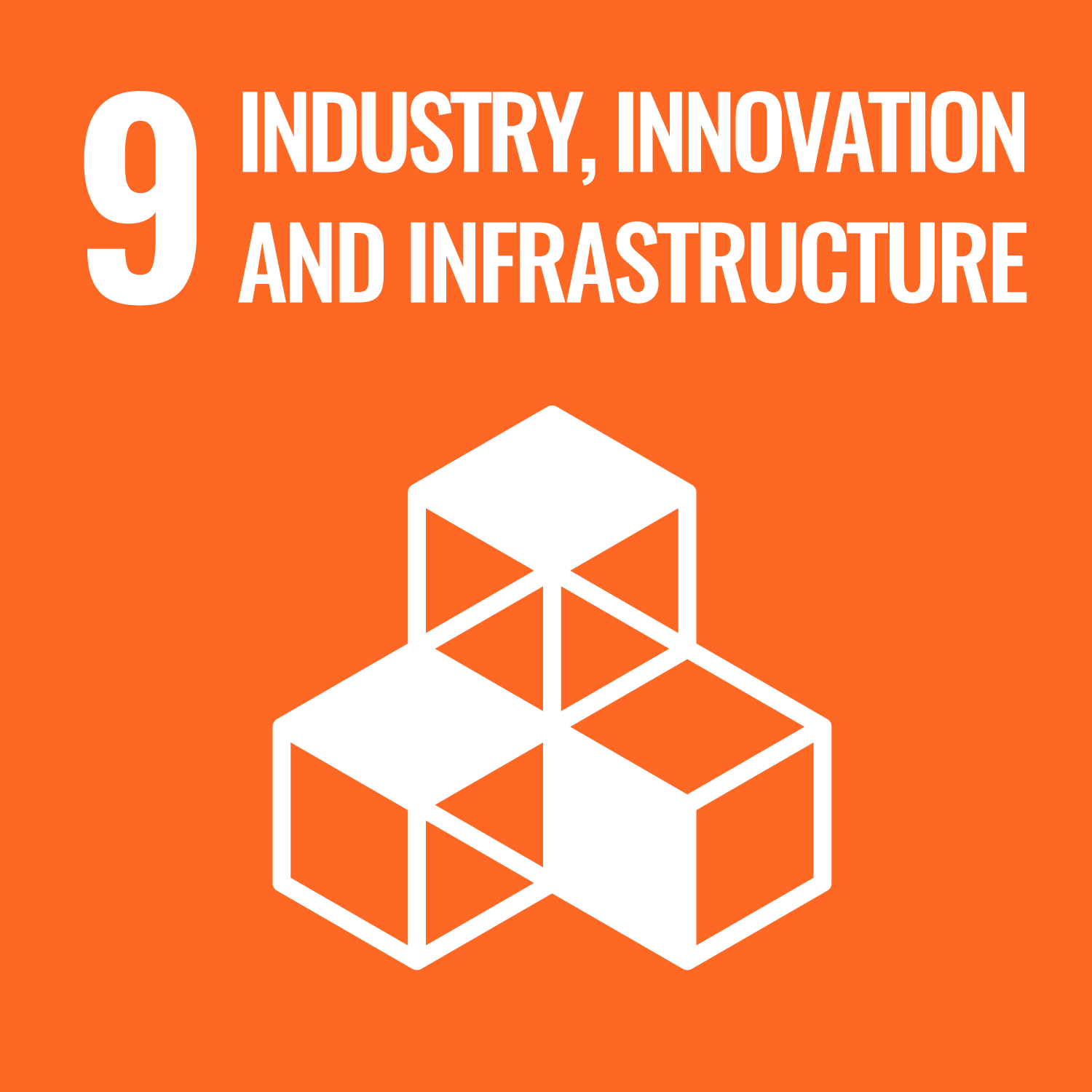Eye in the Sky Keeps Bridges Safe
You can search for courses, events, people, and anything else.
It is possible to be both ethical and profitable, according to several case studies involving Australian manufacturers.
While industrial manufacturing is a key driver for economic growth, it is also a major contributor to climate change, and growing social inequality.
To find out how manufacturers can help solve global challenges, Dr Stephen Healy, and colleagues from Western Sydney University and the University of Newcastle, surveyed 10 manufacturers with bases in Australia, including makers of mattresses, furniture, and carpet, a dairy producer, a blueberry processing plant, a mattress recycling enterprise, a niche clothing producer, as well as an engineering firm, and an e-waste recycling plant.
Healy says that businesses chosen for the study shared two common values: a commitment to thinking beyond the bottom line and demonstrated concern for their workers. Healy and the team say that these values are reflected by the term ‘just sustainability’ in which a better quality of life is sought in a just, equitable manner. The term was coined by social science academics and could describe emerging cultures of the manufacturing sector in Australia, the researchers say.
One of the companies, Interface, the world’s largest manufacturer of carpet tiles which has a manufacturing plant outside Sydney, started minimising its environmental impact in the 1990s. It has since removed carpet waste by reusing each part of the product, is powered entirely by renewable energy and is now on track to eliminate oil from the production of synthetic carpet tiles by 2020 as part of a plan they call Mission ZeroTM.
Varley Group, an engineering firm that builds specialised vehicles and equipment for spacecraft, specifies that suppliers provide everything needed for a production run in kits that are tailored for the job, as part of its efforts to minimise waste.
Need to know
- Businesses can be both sustainable and profitable.
- An Australian team surveyed 10 manufacturing companies who value ‘just sustainability.’
- Future research should examine other sectors
Soft Landing is a mattress recycling social enterprise that recycles about 75% of an innerspring mattress that would otherwise end up in landfill. Soft Landing takes mattresses apart so the individual components of steel, wood and fabric can be used in other products such as roof sheeting, garden mulch and acoustic panelling.
In terms of caring for workers, Interface collaborates with an NGO that works with villagers in the Philippines and Cameroon to collect discarded nylon fish nets to be reused in the carpet production line. Soft Landing proactively employs disadvantaged people, while Varley Group’s strategy helps find jobs for ex-offenders, Indigenous people and people suffering from mental health issues.
“This commitment to work force integration was part of the ethos. It was treated as a condition for enterprise viability,” Healy says.
But how do businesses stay profitable while being ethical? The researchers point out that a decision made at a critical time for a company’s survival was often linked to values associated with just sustainability.
When Interface’s plant in Sydney burnt down in an accident, rather than ceasing carpet production and shrinking the workforce, employees were involved in helping with design of the new setup; production workers moved temporarily into customer service; and others did community projects in and around the company’s location all on full pay. All were assured continuing roles in the business. Not only did this retain rare textile skills within the company but added strength in existing services while it rebuilt the site.
Through ethical operation, these enterprises are redefining business common sense, the researchers say. Enterprises that can be associated with just sustainability could help realise a regenerative, circular economy in Australia that is based on caring for people and the environment. Further research should investigate how the concept of just sustainability can be adopted to other sectors and regions.
Meet the Academic | Doctor Stephen Healy
Stephen Healy is a Senior Research Fellow at the Institute for Culture and Society (ICS). His research has concentrated on the relationship between economy, subjectivity and the enactment of new econo-socialities exploring various topics: health care reform policy, cooperative and regional development, and the solidarity economy movement. In each instance his abiding concern has been to apply insights from Marxian and psychoanalytic theory to understand the desires, fantasies and anxieties that compose the restive human subject. His current ARC project, with CIs Katherine Gibson, and Jenny Cameron, Reconfiguring the Enterprise: Shifting Manufacturing Culture in Australia is a case study driven approach to reimagining the future of manufacturing in Australia. He is co-author of Take back the economy: an ethical guide for transforming our communities (UMP 2013), presently translated into Korean, Spanish and Finnish with planned translations into Greek and French. Stephen has been published in Gender, Place and Culture, Professional Geographer, New Zealand Geographer, Journal of Political Ecology and Rethinking Marxism and elsewhere in addition to contributing to numerous edited volumes. Stephen is a founding member of the Community Economies Research Network (CERN) .
Related Articles
Credit
This research was supported by the Australian Government through the Australian Research Council.
© ilyaliren/iStock / Getty Images Plus © This Is Engineering/Unsplash
Future-Makers is published for Western Sydney University by Nature Research Custom Media, part of Springer Nature.








